Last week, a white supremacist terrorist gunman killed 50 people and injured another 50 in two mosques in Christchurch, New Zealand. This horrific attack highlights anti-Muslim bias around the world. According to Carl Chinn, founder of the Faith Based Security Network, only 2.23 percent of deadly-force attacks on religious bodies in the U.S. took place in mosques since 1999. Tragically, seven people have been killed in these attacks.
Every such attack is a tragedy, but the low numbers do suggest that mosques are relatively safe in America. However, these attacks do reveal an anti-Muslim bias. Most attacks in religious buildings are not motivated by animus against any particular religion, but rather by domestic and local disputes between individuals. More mosque attacks were driven by anti-Muslim animus, however.
“Since 1999, there have only been 38 deadly-force incidents at mosques or Islamic centers,” Chinn told PJ Media on Tuesday. “Six of those events were murder. In one of them, two people were murdered.”
Chinn has analyzed every attack against a house of worship since 1999. Of the 1,705 incidents he has studied, only 76 involved a clearly expressed anti-religious animus against the house of worship involved. Only 5.87 percent of such attacks are clearly motivated by a desire to kill adherents of a certain faith because of their faith. Robbery (25.97 percent), domestic violence spillover (16 percent), personal conflict (13.6 percent), mental illness (11 percent), and gang activity (8.89 percent) were much more likely motives.
“However, when you just break out Islamic centers, 64.5 percent of the attacks against those at Islamic centers is based on bias,” Chinn told PJ Media. “That surprised me.”
Mosque attacks are too frequent, but they are far less frequent than attacks in Christian churches. Of the 1,705 incidents Chinn studied, 38 took place in mosques or Islamic centers (2.23 percent), while at least 1,071 took place in Christian churches (62.8 percent). Christian churches are far more prevalent than mosques in the U.S., but this gap is still significant.
“Of the actual deaths, we only know why the attack happened in only four of the seven. Of those four, two involved personal conflict and two involved religious bias,” he added. “So that’s a much higher incident rate in mosques related to bias.”
Chinn very much insisted that he does not monitor “hate crimes,” which are tricky to define and can be very misleading, but rather attacks that involve deadly force. He contrasted his more scientific method with the activities of the Southern Poverty Law Center (SPLC), a far-Left smear group that lists its political and ideological rivals as “hate groups” along with the Ku Klux Klan.
Last October, Chinn told PJ Media that “the Southern Poverty Law Center is a flagship for what’s wrong with the study of hate crimes.” The group has been known to fall for hate hoaxes and to fail to correct the record afterwards.
“I do not track hate crime,” the statistician remarked, noting that it is hard to keep “hate crime” reporting unbiased. “There’s a lot of misreporting in this business, because people look at it with colored lenses.”
This week, Chinn went further. “I have never had respect for the Southern Poverty Law Center because when I was working at Focus on the Family back in the 1990s, I was familiar with their work, and the SPLC listed Focus on the Family as a ‘hate group.’ I thought that is a reach beyond reaches,” he said.
The SPLC has long monitored “anti-Muslim hate groups,” but its reporting on this is painfully biased. It lists ACT for America and other groups that oppose the kind of radical Islamic terrorism propagated by Al Qaeda and the Islamic State (ISIS) in this category.
Even so, anti-Muslim animus has inspired murder in the United States.
“It’s very meaningful to me that such a high percentage of attacks against those at Islamic centers are based upon religious bias or hate or whatever you want to call it,” Chinn told PJ Media.
The attacks against Islamic centers also picked up around the year 2016. No attacks against mosques or Islamic centers took place in 1999 and 2000. In 2001, there was one attack. Another came in 2009, and two attacks happened in 2010. There were three in 2011, two in 2012, and one in 2013. The rate increased after that, with four in 2014, five in 2015, eleven in 2016, six in 2017, and just one last year.
“I want to look closely at the year 2016, and I have not yet had an opportunity to do that,” Chinn told PJ Media. “The SPLC would say that was during the Trump campaign.”
Indeed, the SPLC has slammed Trump for “hate” both before and after the election.
The statistician said he opposed many of the SPLC’s designations, but he thought the term “anti-Muslim” can be apt in the right circumstances. “That is more of a description of the heart of the matter than whatever alliances a killer may claim to have,” he suggested.
At the end of the day, every attack involves “pure simple evil.”
“The minute we take the conversation away from the evil that’s driving them and we start labeling them, we’re derailing the beneficial conversation,” Chinn argued. “We’re turning it into a political agenda.” He even suggested that the term “Islamic extremist” is less accurate than “anti-Christian.”
In this, he may have gone too far. Terrorist groups like Al Qaeda and ISIS make no bones about their intention to spread Islam by the sword. Their toxic version of Islam must be opposed, and many Muslim reformers do indeed oppose it. Americans must oppose this ideology and the terror groups without fostering hatred and suspicion of Muslims in general. Chinn has a point in emphasizing the unique evil of the individual attackers, however.
“These people are straight from the pits of hell,” he said.
Rather than dealing with the ideologies inspiring attacks, he focused on preparing congregations for them. In the New Zealand attack, Chinn did not analyze the shooter but rather one of the worshipping Muslims who fought back.
When the shooter targeted Linwood Islamic Center, Abdul Aziz Wahabzadah was praying with his four children. Wahabzadah told CNN he ran outside when he heard the shots, grabbing a credit card reader. He confronted the shooter, throwing the credit card reader at him.
“I just wanted to scare him so he doesn’t come inside,” the father said. While the shooter did make it into the Islamic center, Wahabzadah’s efforts prevented the shooter from killing more innocent people.
After the father threw the credit card reader, the shooter opened fire at him, but he dropped a gun. Wahabzadah dodged behind cars and picked up the dropped gun. Unfortunately, that firearm was empty. He threw the gun at the shooter’s car, and chased him as he drove away.
Eight people at Linwood Islamic Center died, but the imam said the death toll would have been higher without Wahabzadah’s actions.
“I want to help congregations understand what they can do in such a massive attack, and there is always something you can do, just like Aziz in the Linwood mosque,” Chinn told PJ Media. “Aziz went after him like a tyrant and he yelled at him, ‘I’m over there!’ that is exactly what congregations need to hear: you can ride, hide or fight. Aziz was running, hiding, and fighting.”
“I love that guy. He was determined to stop the attack. You may die in the process, but if you can stop the attack, by all means, stop the attack,” the statistician said. He told PJ Media he wants there to be “somebody like Aziz in every house of worship, or two or three of them, who are already there with a hear that says, ‘Not here, not on my watch.'”
He quoted Stephen Willeford, the man who shot the shooter at the First Baptist Church of Sutherland Springs in November 2017. Referencing the story of Noah’s Ark, where two of every kind of animal came to the Ark to be saved from a devastating flood, Willeford said that in a mass shooting, “You fight like you’re the third monkey on the ramp to the Ark and it’s starting to rain.”
Americans of all faiths and none need to have the resolve to fight back in such horrific situations. Some training and protocols would go a long way, but that determination is vital in a moment of crisis.
Americans also need to thread the needle on Islam. Fighting radical Islam and the terror inspired by it is vitally important, but it should never inspire Americans to demonize Muslims. Whatever you believe about Islam, Muslims are fellow human beings, and non-Muslim Americans need to live in peace with them whenever possible.
Thankfully, the conservatives and Republicans who attack radical Islam often partner with Muslim reformers like M. Zuhdi Jasser and Maajid Nawaz. Organizations like ACT for America, which the SPLC brands “anti-Muslim hate groups,” do not cheer when a terrorist massacres innocent people in New Zealand mosques.
Fighting anti-Muslim violence is far too important to entrust to far-Left smear factories like the SPLC.
Follow Tyler O’Neil, the author of this article, on Twitter at @Tyler2ONeil.

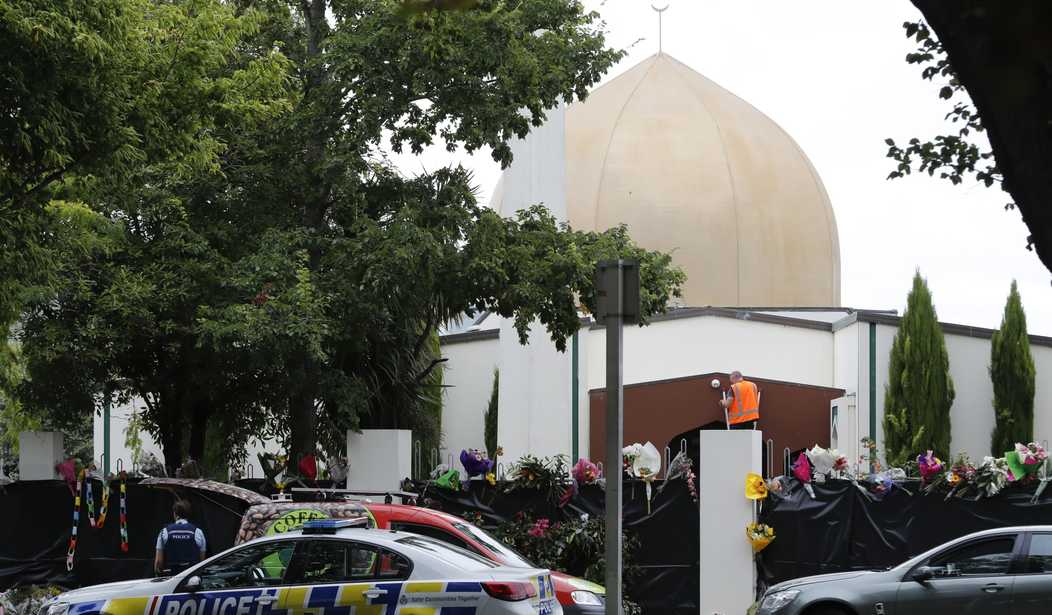

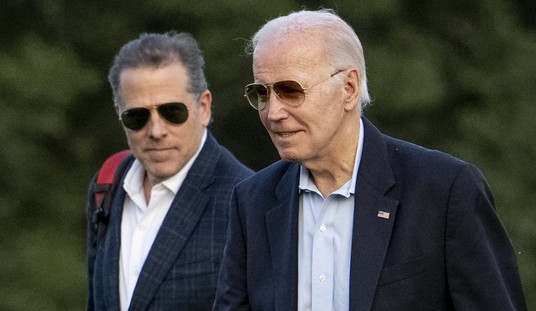
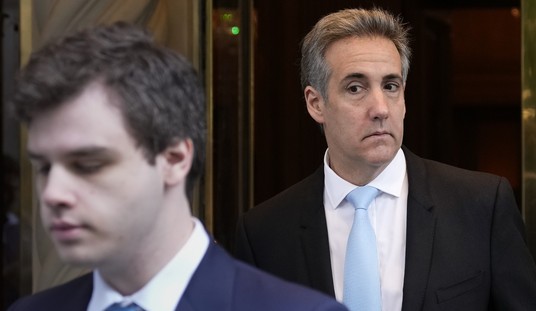

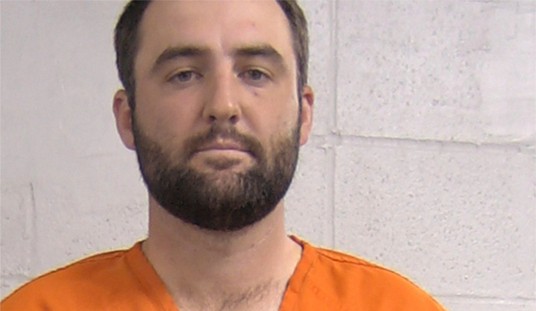
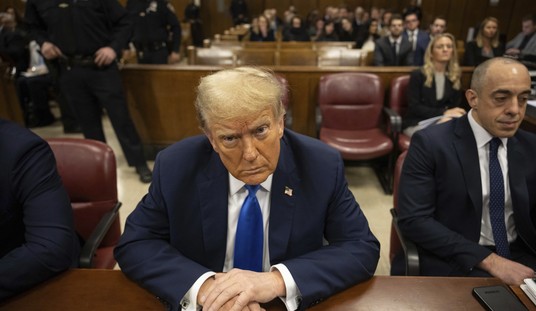
Join the conversation as a VIP Member